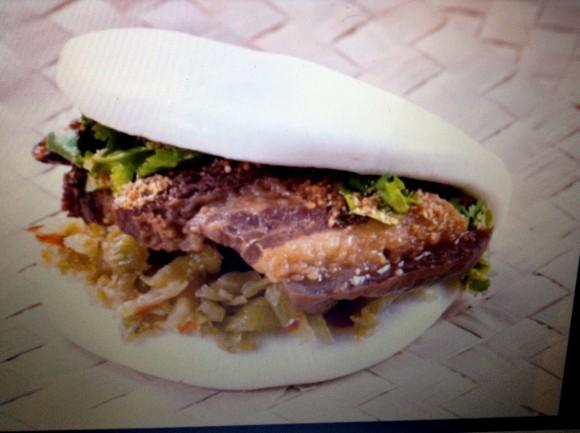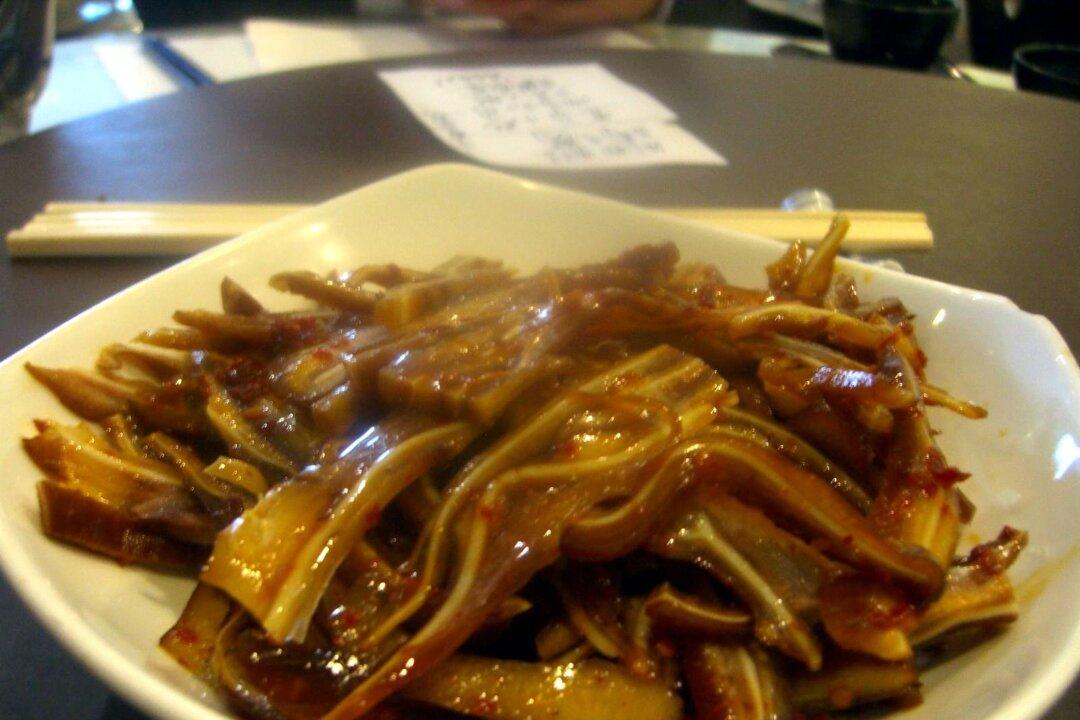OTTAWA—“I was the most popular trading partner,” says 28-year-old Alton Wu with a laugh. He is not referring to international trade relations, but to the popularity of the contents of his lunchbox when he was a student at Henry Larsen Elementary School in suburban Ottawa.
His father, Eugene Wu, nods in agreement, a delighted smile spreading across his face as he proudly serves gua bao to guests at his restaurant Brother Wu on St. Laurent Boulevard.
An exotic version of the hamburger, gua bao is a portable and delicious snack that the younger Wu’s school friends clamoured to exchange for the tuna sandwiches and other more mundane contents of their own lunchboxes.
Gua bao is a popular street food in Taiwan and one of several dishes that originated in the kitchens of the Hakka people. The Hakka are an ethnic Chinese group whose ancestral homeland was in Hakka-speaking Chinese provinces such as Guandong and Fujian, and who migrated to other parts of China, Taiwan, and other countries like India and Canada. Their language, Hakka, is a dialect of Mandarin Chinese.
To make gua bao, tender slices of braised pork belly are wrapped in a fluffy steamed bun (more like a mini-pancake made of wheat flour) and garnished with pickled mustard greens, cilantro, ground peanuts, and spices, creating a mini-street festival of textures and flavours. (Recipe below)







